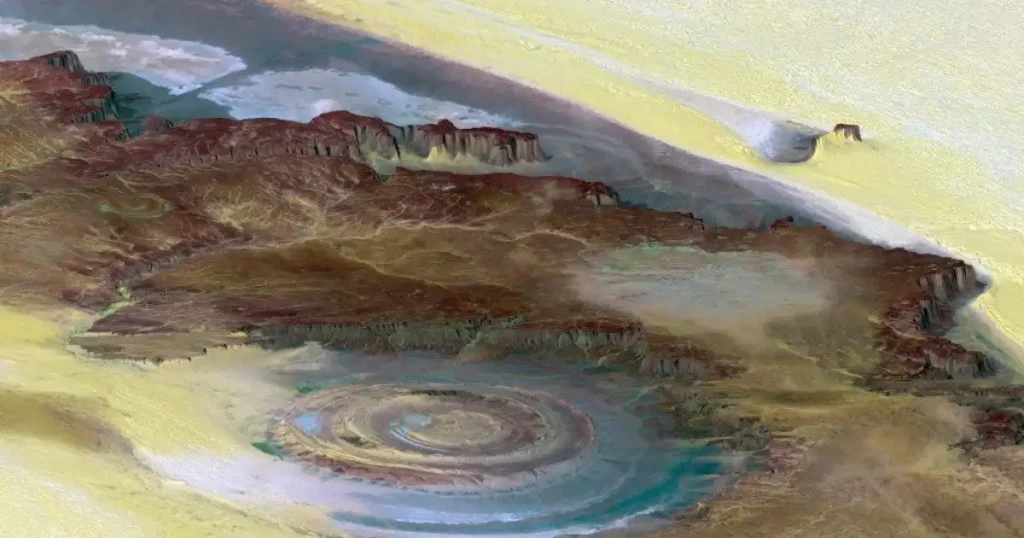Human prehistory, a realm before the documentation era, witnessed Cro-Magnons wandering the planet for thousands of years, forming small groups and residing in primitive societies. Approximately 15,000 years ago, a peculiar shift occurred. When we contrast the primitive Cro-Magnon with the accomplishments of humans in the last 15,000 years, the disparity between the two becomes stark. The prevailing belief in a linear path of human progress is challenged, just as we observe leaps in advancement from one species to the next.
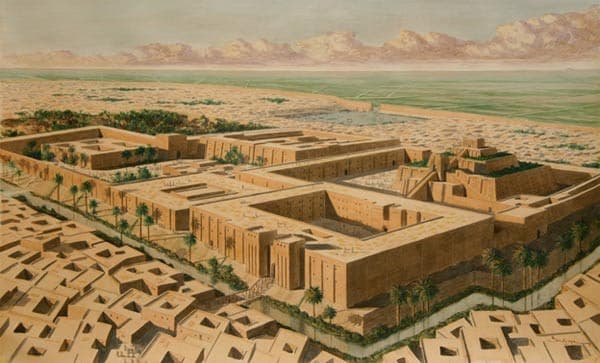
From Neanderthal to Cro-Magnon, entire civilizations emerged seemingly out of nowhere, showcasing scientific advancements only recently unveiled. Ancient civilizations globally exhibited advanced levels of astronomy and mathematics. Babylonian astronomer Kidinnu mapped the sun and moon’s annual movements over 2,500 years ago, a feat unchallenged until 1857. Chinese solar calendar Ssu-Ten, around 1700-1100 B.C., accounted for leap years with precision. Greek scholars Permenides and Empedocles echoed celestial knowledge that endures. Over the last 10,000 years, early human societies possessed extraordinary intelligence, challenging the notion of a gradual ascent. What propelled these societies to acquire such knowledge prematurely, and why was this “pre-advancement” widespread?
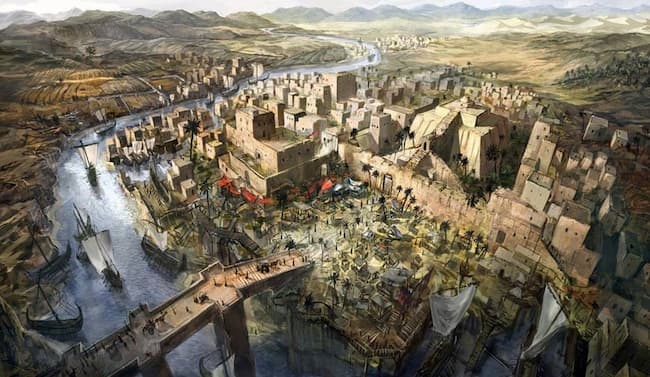
Sumer, the cradle of modern man’s origins, birthed the first advanced civilization around 3800 B.C. This civilization, emerging in present-day Iraq’s southern region, marked an explosion of cultural firsts and unparalleled achievements. Sumerians, preceding the Ubaid culture, excelled in astrology, botany, zoology, mathematics, and law. They practiced medicine and pharmacology, built the first brick houses, and developed their mythology. Sumerian cuneiform, an early written form, documented their knowledge on clay tablets, revealing their extraordinary breadth of understanding.
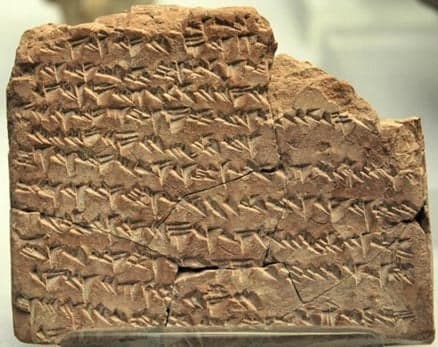
Sumerian civilization, with its iconic ziggurats, laid the groundwork for future cities, concentrating skilled trades and arts. The Babylonians, successors to Sumer, displayed prowess in astronomy, recording celestial events and devising a system of prophecy. The MUL.APIN, their compilation of astronomical knowledge, and the Enuma Anu Enlil, an astrological prophecy system, showcased their sophisticated understanding. Babylonians employed the sexagesimal system, revealing precise calculations in measurements.
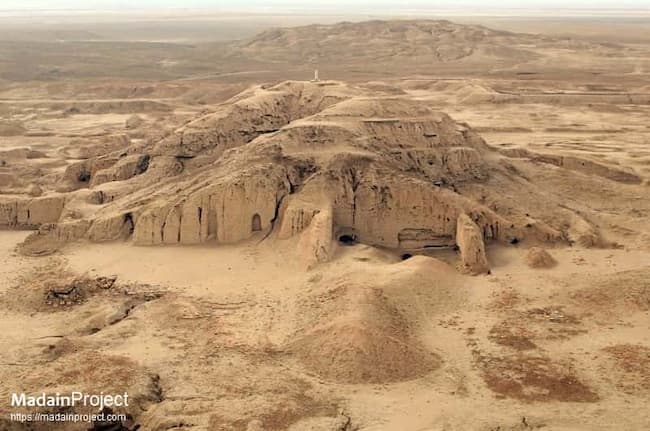
Babylon set two significant precedents: establishing the prototype for modern civilization and pioneering active observation and data collection of celestial phenomena. This was a watershed moment in human evolution. The emergence of civilization prompts broader questions about its prerequisites and our relationship to other humans and ourselves. Do civilizations materialize out of nowhere, akin to the Cambrian Explosion’s sudden lifeforms? What do early civilizations divulge about our interconnections and self-perceptions? The tapestry of human history unravels, inviting us to probe deeper into our enigmatic past.
